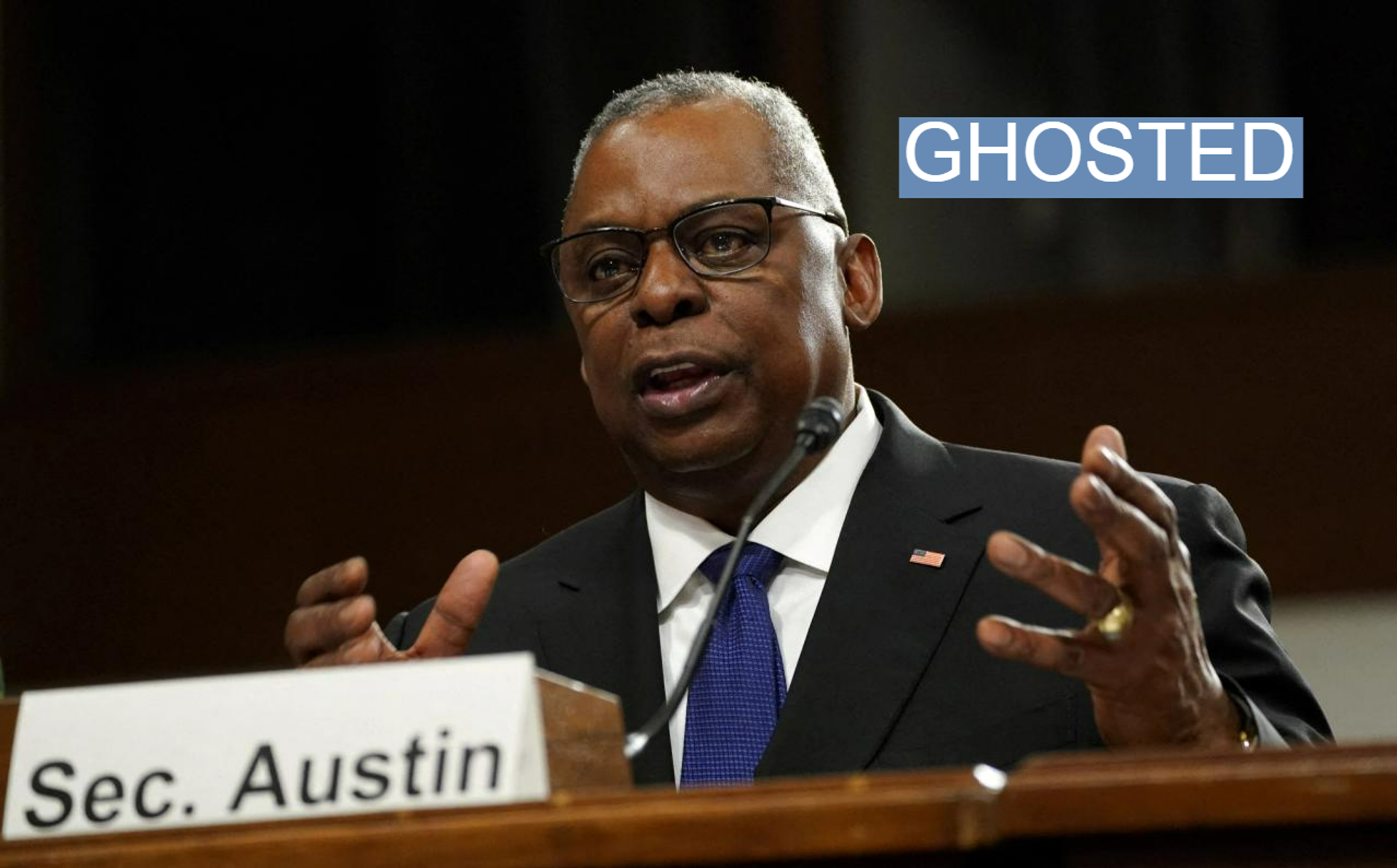The News
A Chinese fighter jet fly-by incident last week sparked yet another diplomatic crisis between Beijing and Washington. But they don’t seem to have discussed it yet.
U.S. Secretary of State Antony Blinken and Secretary of Defense Lloyd Austin on Wednesday called for setting up a direct line of communication between Washington and Beijing, emphasizing that a hotline was essential to de-escalate any future tension.
China has so far refused.
Former U.S. Under Secretary for Defense Michele Flournoy told ChinaTalk that Beijing has historically framed a hotline as a bargaining chip to advance its own interests.
Semafor spoke with four experts about what a hotline negotiation would look like. Here’s what they had to say.
Know More
Why is China pushing back on dialogue?
Much of the Communist Party’s foreign policy strategies rely on using “punitive” tactics to have foreign powers acquiesce to Beijing’s demands, Orville Schell of the Asia Society said.
But Beijing also wants to heighten its global image by portraying the U.S. as the more vulnerable actor in need of China’s support.
“If you seem like you want something less than the other side, you might as well get something for it,” said Isaac Stone Fish, CEO of Strategy Risks. “It’s a better negotiating strategy for Beijing.”
What does China want?
Sam Bresnick, a research fellow at Georgetown University, said the bulk of any negotiations between the U.S. and China will likely focus on economic issues. He pointed at Trump-era tariffs and U.S. President Joe Biden’s tech export controls as things China wants to get rid of.
“Militarily, I think that China doesn’t see much to be gained from dialogue,” Bresnick said. “China wants to sort of keep the military side of things in a black box to increase their deterrence factor.”
Beijing could potentially push for Washington to drop sanctions against top military officials, including Defense Minister Li Shangfu, Carnegie analyst Nathaniel Sher said. But ultimately, China will not engage in explicit military “dialogue just for the sake of dialogue.”
“The Chinese side really wants a total change in U.S. policy,” Sher said. “They view these guardrails and military dialogues really as an opportunity to kind of put a seatbelt around the relationship, which, in a sense, would maybe encourage more reckless driving on the part of the U.S., at least in their perception.”
What about Taiwan?
It’s unclear how much focus Taiwan will get in any potential talks, but Bresnick said that any breakthrough on cross-strait relations is unlikely because of Washington and Beijing’s “broad disagreement” on the future of the island.
Sher added that the Biden administration will never change its policy on providing Taiwan the means to defend itself, but Washington could hypothetically entice Beijing temporarily by slowing down or delaying arms packages to Taipei.
Step Back
China-U.S. relations dipped to an all-time low following the spy balloon fiasco this year, prompting Blinken to cancel a much-anticipated visit to China.
But lawmakers and business leaders in both countries have sought in recent weeks to ease some of that strain, specifically on the economic front. Treasury Secretary Janet Yellen last month said efforts to “decouple” from China would prove catastrophic for the global economy, instead calling on leaders to “de-risk” from Chinese industries that pose national security concerns.
Military dialogue remains at a standstill, however. Beijing on Tuesday rebuffed an invitation for Li and Austin to meet in Singapore. Stone Fish said that this was significant because of Li’s largely ceremonial role, showcasing China’s hesitancy for the U.S. to even have a small breakthrough.
